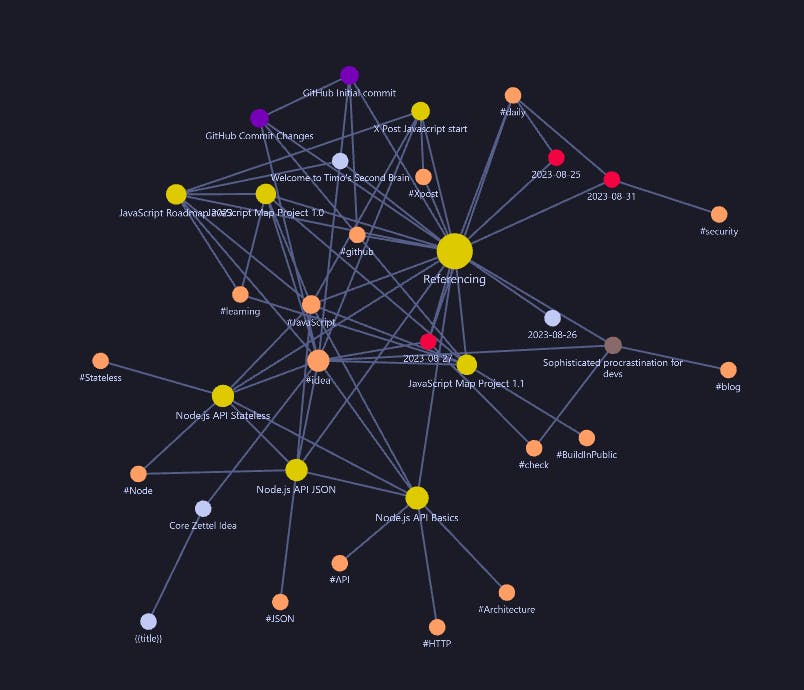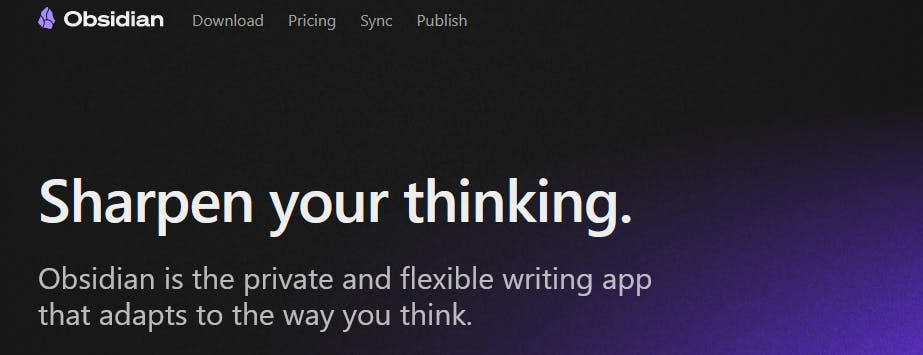Overcoming the Perils of Procrastination in the Digital Era
In today's rapidly evolving digital landscape, the ease with which we can access and record information is unparalleled. The internet has become an endless repository of knowledge, and various note-taking tools have made it simpler than ever to document our findings. However, this wealth of resources and convenience comes with a hidden peril: the temptation to immerse oneself in an ocean of notes, placing greater importance on the act of gathering information rather than engaging in productive work. This phenomenon can lead to procrastination, as individuals become overwhelmed by the sheer volume of data they've amassed, ultimately hindering their progress.
This article delves into the challenges presented by this modern conundrum, exploring the reasons behind the tendency to prioritize note-taking over actual work, and the consequences of succumbing to this temptation. Furthermore, it provides a comprehensive and actionable plan to help individuals overcome these pitfalls, enabling them to harness the power of effective note-taking and transform it into a valuable asset for personal and professional growth.
By understanding the nuances of this digital-age dilemma and implementing the strategies outlined in this article, readers will be better equipped to navigate the complexities of information overload, optimize their note-taking habits, and ultimately, enhance their productivity and success in various aspects of their lives.
The Collector's Fallacy
In the realm of personal knowledge management (PKM), there exists a widely recognized and often-discussed phenomenon referred to as the "collector's fallacy." This cognitive pitfall is characterized by the deceptive belief that the mere act of gathering and organizing information is, in and of itself, a noteworthy accomplishment. However, this mindset can be detrimental to one's overall productivity and success in various aspects of life.
The crux of the collector's fallacy lies in the misconception that note-taking is an end goal, rather than a means to an end. In reality, the true purpose of taking notes should not be to escape from the actual work at hand, but rather to serve as a valuable resource for future reference and application. The effectiveness of a well-crafted note is intrinsically linked to its potential for practical use in the future.
To avoid falling prey to the collector's fallacy, it is crucial to recognize that the inherent worth of a note is directly proportional to its future utility. If you cannot foresee a situation in which you would return to a particular note and apply the knowledge contained within it, then the value of that note is significantly diminished. By focusing on creating notes that have a clear purpose and potential for future application, you can ensure that your note-taking habits contribute to your overall productivity and success, rather than detracting from it.
The Trappings of Modern Note Management
1. Reward Systems and Their Pitfalls: Many of us fall into the trap of feeling rewarded by the sheer act of collecting notes. This psychological reward can be misleading. The real achievement should be in the application of those notes, not in their accumulation.
2. The Curse of Redundancy: As our digital notepads fill up, we might lose track of outdated or redundant notes. Implementing a "returned to: none" system can help users identify notes that have never been revisited, prompting them to reassess their relevance.
3. The Mirage of Cutting-Edge Notes: Just as sharp knives need to cut, cutting-edge notes should lead to cutting-edge work. Notes that don't culminate in actionable insights or direct application are just theoretical exercises.
4. Escapism through PKM: It's easy to mistake PKM for work. But in reality, PKM can become an escape from actual tasks. Just as planning a workout doesn't replace the physical exercise, merely organizing knowledge doesn't equate to applying it.
5. Optimization and Shiny Object Procrastination: We often fall into the trap of endlessly optimizing our tools. Whether it's downloading a new extension or switching to a 'better' tool, this is just another form of sophisticated procrastination. The real task isn't to find the best note-taking app, but to make the most of what you have.
Crafting an Action Plan: Turning Notes into Work

1. Commit to Your Tools: Instead of constantly searching for the next best thing, commit to one tool. For instance, if you're using Obsidian, Notion, OneNote or what ever, pledge to stick with it for at least six months.
2. Trust Your Cognitive Capabilities: In the rush to digitize everything, don't forget the power of your brain. Just as earlier generations remembered phone numbers without digital aides, trust in your innate ability to remember and process information.
3. Project-Centric Note-taking: Every note you take should be directed towards a specific goal. Whether it's a project, a book you're reading, or a website you're building, contextualize your notes within these frameworks.
4. Prioritize Learning over Recording: Notes should spark a feedback loop in your brain, with learning and application as the rewards, not the act of note-taking itself.
5. Assess and Adapt: Every six months, evaluate your note-taking habits. Are they leading to actionable work? If not, it's time to adjust.
My Tool of Choice: Obsidian
I have chosen to use Obsidian due to security the graphical view and the Zettelkasten style of note-taking being superbly supported on this platform. Along with that, you can sync it for free or with the paid sync available on the app. As for my Javascript learning and the remainder of 2023, I decided to go all in with Obsidian. Listed below are some of the things I like about it and my graph so far.
Linking and Backlinking: Easily interconnect notes and track references.
Local Storage: Full control with all notes stored on your device.
Markdown Support: Universal formatting with easy-to-learn language. No gimmicks and black box scripts and as it's local its yours forever and as it's pure MD you are never going to lose your notes really.
Graph View: Visual representation of note interconnections.
Customizability: Enhanced with community plugins and personal tweaks.
Vault System: Organize notes in distinct databases or projects.
Offline Access: Access your knowledge anytime, anywhere.
Multi-platform: Available on Windows, macOS, Linux, and mobile.
Developer API: Craft custom plugins and integrations. Be aware of the community plugins and do your due diligence before adding any of them. LOots of YouTube content on them
Embedding Content: Dynamic content updates and reduced redundancy.
Templates: Maintain consistency with predefined note structures.

Conclusion
Ultimately, taking notes is an indispensable skill in today's information-saturated world, but it is vital to be aware of its potential drawbacks. To maximize the benefits of note-taking, we must concentrate on applying the knowledge we gain rather than merely accumulating it. By doing so, we can guarantee that our notes act as catalysts for tangible accomplishments, rather than just a collection of facts and ideas.
To achieve this, it is essential to prioritize learning and understanding over the mere act of recording information. Our notes should ignite a continuous feedback loop in our minds, where learning and practical application are the ultimate rewards, rather than the process of note-taking itself. This approach will help us to internalize the information and transform it into actionable insights.
In addition, it is crucial to regularly assess and adapt our note-taking habits to ensure their effectiveness. Every six months, take the time to evaluate whether your note-taking practices are leading to productive outcomes and actionable work. If you find that they are not, it is an indication that it's time to make adjustments to your methods. This continuous refinement will help you to develop a note-taking system that truly supports your personal and professional growth.
As a result, the true power of knowledge does not lie solely in possessing it, but in harnessing it and putting it to work. By focusing on the practical application of the information we gather, we can ensure that our note-taking efforts lead to meaningful achievements and contribute to our ongoing success.
